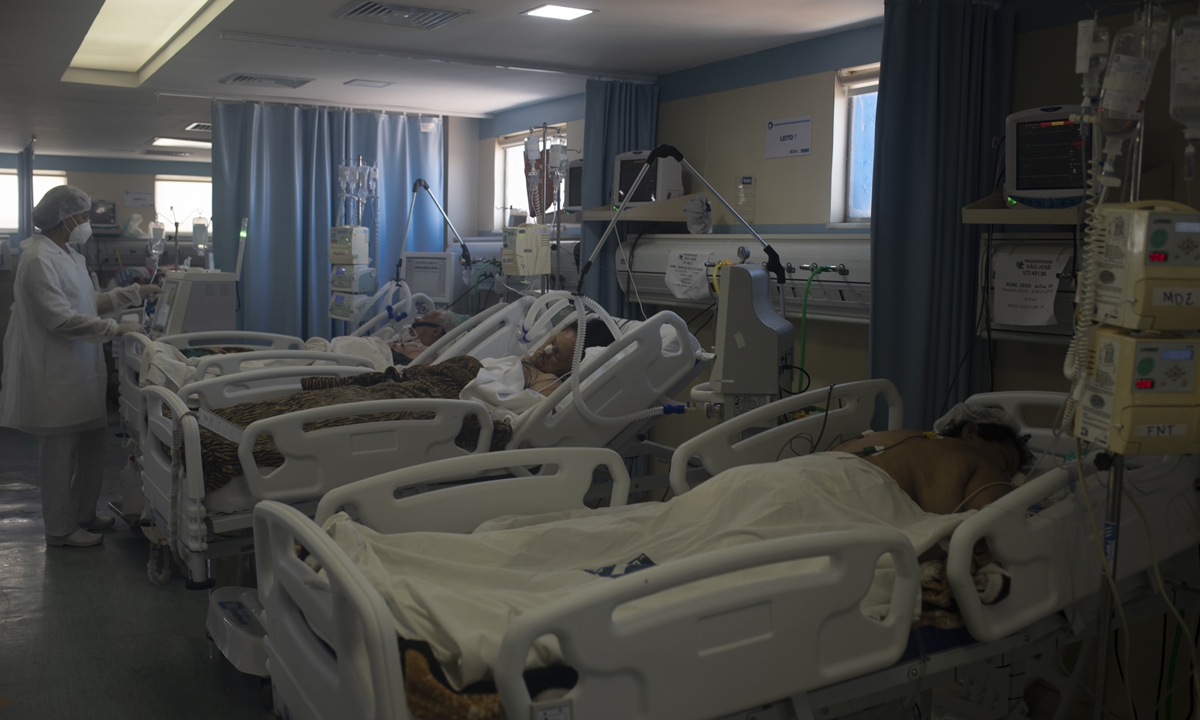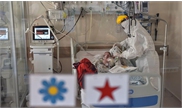COVID-19 ICU deaths have plunged, but progress may be stalling: study
COVID-19 ICU deaths have dived, but progress stalls
COVID-19 treatments and improved hospital care have reduced death rates in intensive care by more than a third since the early months of the pandemic, but this progress might be stalling, according to research published on Tuesday.
Whereas medical staff in the first wave of the epidemic had few insights to help them tackle the new virus, they now have some effective drugs and therapies for treating severely ill patients.

"After our first meta-analysis last year showed a large drop in ICU mortality from COVID-19 from March to May 2020, this updated analysis shows that any fall in mortality rate between June and October 2020 appears to have flattened or plateaued," the authors said.
Researchers looked at data from 52 observational studies involving 43,128 patients.
The authors said that hospitals now have much more knowledge about what works - and what does not.
In particular, medics now can use steroids like dexamethasone to improve the survival chances of seriously ill patients on oxygen support.
Whereas medical staff in the first wave of the epidemic had few insights to help them tackle the new virus, they now have some effective drugs and therapies for treating severely ill patients.

People intubated because of the coronavirus, cOVID-19, in the ICU (Intensive Care Unit) at Hospital Municipal Sao Jose, Specializing in treatment for Covid19, on Januray 30, 2021 in Rio De Janeiro, Brazil. Photo: VCG
A large-scale meta-analysis of overall mortality of COVID-19 patients in intensive care units (ICUs) around the world, published in the journal Anaesthesia, found that it had fallen to 36 percent by October 2020. An earlier analysis by the same authors found that ICU mortality had fallen from 60 percent in late March 2020 to 42 percent at the end of May 2020."After our first meta-analysis last year showed a large drop in ICU mortality from COVID-19 from March to May 2020, this updated analysis shows that any fall in mortality rate between June and October 2020 appears to have flattened or plateaued," the authors said.
Researchers looked at data from 52 observational studies involving 43,128 patients.
The authors said that hospitals now have much more knowledge about what works - and what does not.
In particular, medics now can use steroids like dexamethasone to improve the survival chances of seriously ill patients on oxygen support.




